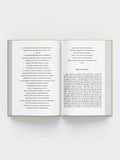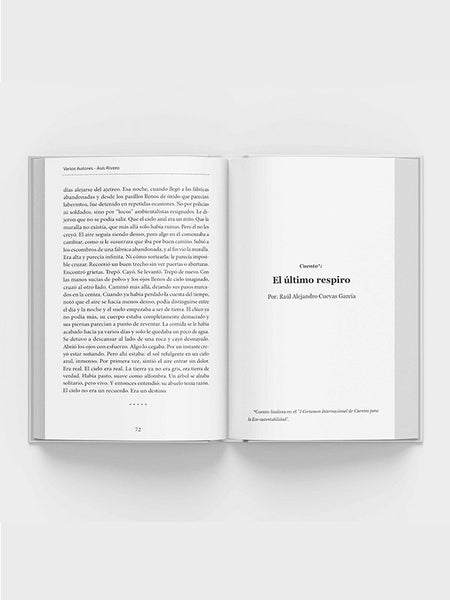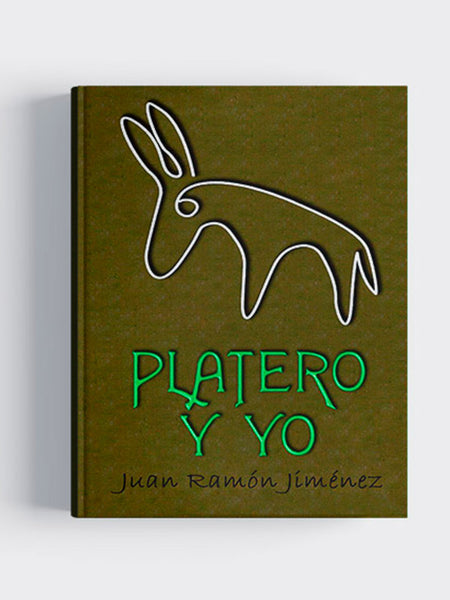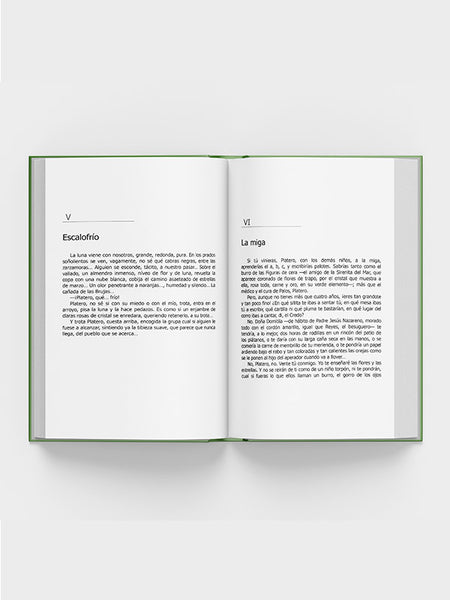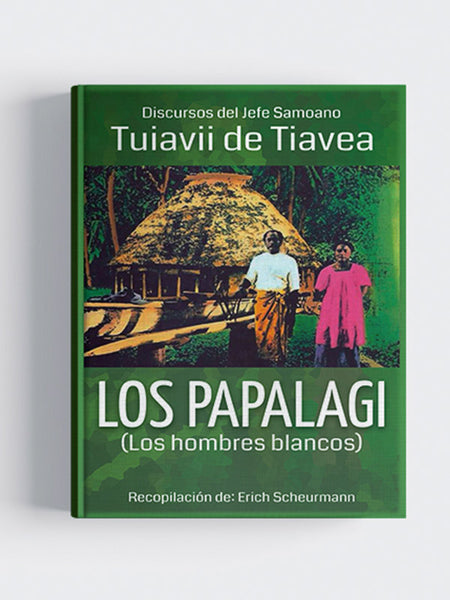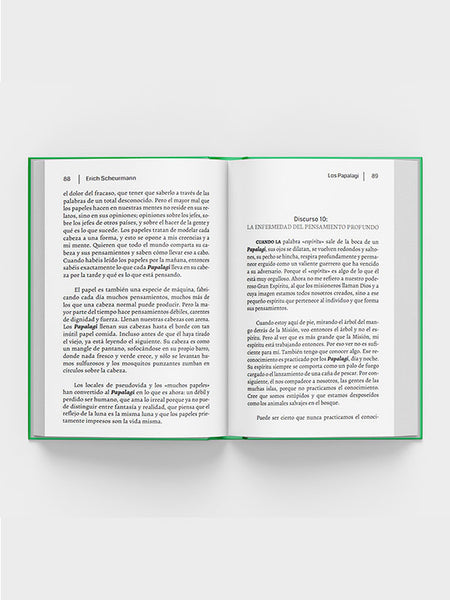Your cart is empty
Walden (originally Walden, Life in the Woods) is an essay, published in 1854, authored by Henry David Thoreau and is one of the most famous non-fiction texts written by an American.
In it, the author narrates the two years, two months and two days that he lived in a cabin built by himself, near Lake Walden. With this solitary life project, in the open air, growing his food and writing his experiences, Thoreau wanted several things. On the one hand, to demonstrate that life in nature is the true life of the free man who yearns to free himself from the slavery of industrial society. On the other, that the understanding of the resources of nature, its rules, its rewards, are a path that man should not forget.
In his asceticism Thoreau yearned to transcend his conception of the praise of laziness, reaching a spiritual elevation almost impossible, according to his writings, to be achieved by other means. The advocate of behaviorism BF Skinner was inspired by this work to give the title to his fictional novel Walden Two. Theodore Kaczynski, known as the Unabomber, considers himself a follower of Thoureau's philosophical doctrine of life in the woods.

